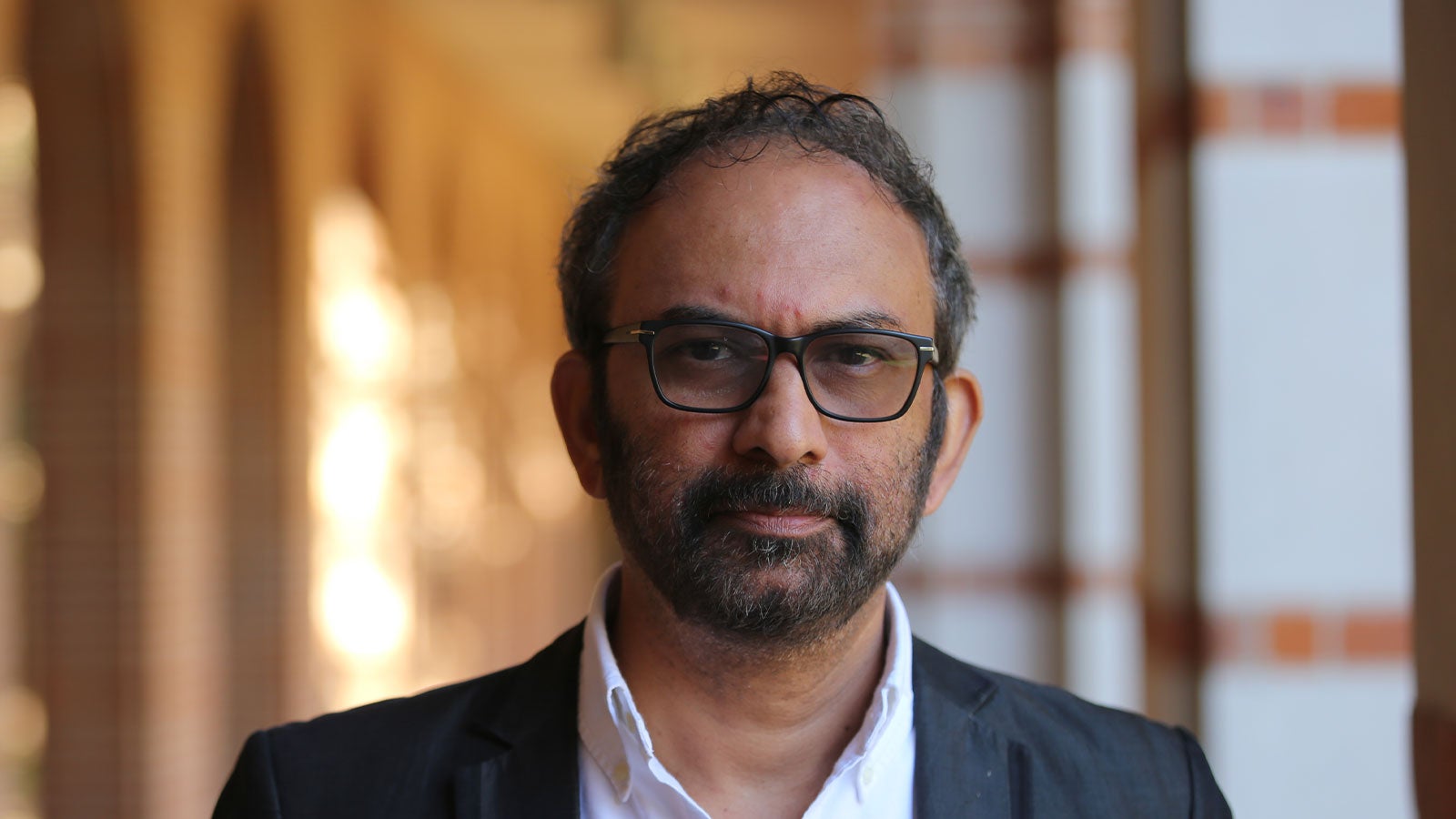In 2014, when materials science split from mechanical engineering and became an independent department, it had six tenured/tenure-track faculty members, the fewest of any department in the George R. Brown School of Engineering at Rice.
“We were small at first but we were strong. We started with an excellent core faculty,” said Pulickel Ajayan, the Benjamin M. and Mary Greenwood Anderson Professor of Engineering and outgoing chair of materials science and nanoengineering (MSNE).
By mid-2025, with the hiring of two new assistant professors, the MSNE core faculty will have grown to 17. “One of my goals when I took over as chair was to enlarge the department, hire more people and select faculty members from diverse disciplines within materials science,” Ajayan said.
Ajayan came to Rice in 2007 after a decade as a member of the materials science and engineering faculty at Rensselaer Polytechnic Institute in Troy, N.Y. At Rice he holds joint appointments in chemical and biomolecular engineering, and chemistry.
When the Web of Science recently named its list of Highly Cited Researchers, a global accounting of scientists and engineers who produced the last decade’s most influential papers, it included eight MSNE faculty members, more than any other engineering department at Rice.
“Our faculty has branched out into many diverse research areas, such as neuroengineering and quantum materials,” Ajayan said, “while remaining strong in such traditional fields as carbon nanomaterials. Rice, after all, was the birthplace of carbon nanotechnology via the Nobel Prize-winning discovery of fullerenes by former faculty members Richard Smalley and Robert Curl.”
Ajayan’s research group has focused on the creation of advanced nanomaterials with applications in alternative energy, multifunctional nanocomposites, and electronics/sensor technologies. He has worked in energy generation and storage, chemical sensors, nanoelectronics, flexible displays, high performance composites, membrane technologies, coatings and biomedical technologies.
Ajayan has also played a leadership role in establishing partnerships with other universities, including the Indian Institute of Technology Kanpur (IITK) and Indian Institute of Science in Bangalore. Starting in 2019, Rice and IITK developed the Rice-IITK Collaborative Center, which focuses on collaborative research in the areas of sustainable energy, water, materials, alternative fuels and other common research interests.
“As Rice moves towards the goal of being a leading world-class research university,” Ajayan said, “we have formed collaborative relationships with others around the world. I’m pleased to be a part of that effort.”
Asked what aspect of his legacy as MSNE chair pleases him most, Ajayan said: “As I step down as chair, what I’m proudest of is the quality of the faculty we have assembled. They are a brilliant and wonderful group.
“I want to thank Prof. Jun Lou, who served as associate chair during this period of growth of the department, and our staff who made my life as chair a rewarding experience.”
Ajayan’s successor as MSNE department chair, effective Jan. 1, will be Karen Lozano, the William Marsh Rice Trustee Chair and professor of MSNE. She earned her M.S. and Ph.D. from Rice in the department then called mechanical engineering and materials science in 1996 and 1999, respectively.

